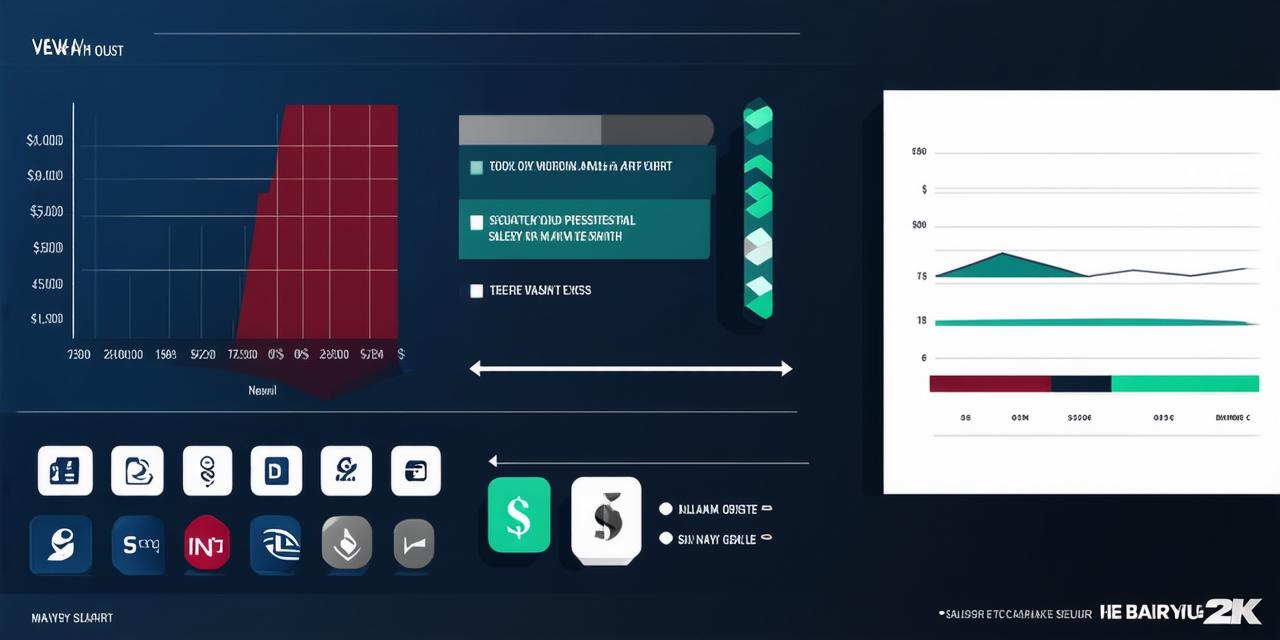Average salary for entry-level web designers
Blog
Web design is a highly sought-after skill in today’s digital age, as more and more businesses recognize the importance of having an online presence. However, becoming a web designer requires education and experience, which can be daunting for those just starting out. In this article, we will explore the average salary for entry-level web designers and provide insights on how to increase your earning potential.
Factors Affecting Salary
There are several factors that can affect a web designer’s salary. These include:
- Location: The location of the job can greatly impact a web designer’s salary. Cities such as San Francisco and New York City tend to have higher salaries due to the cost of living in those areas. Additionally, web designers in areas with a high demand for their services may also be able to command higher salaries.
- Years of Experience: Web designers with more experience will typically earn higher salaries. This is because they bring more knowledge, skills, and expertise to the table. Web designers who have been in the industry for longer periods of time are often seen as more valuable to potential employers due to their experience and ability to provide guidance to newer team members.
- Industry: Different industries may have varying salary ranges for web designers. For example, a web designer working for a tech startup may earn less than a web designer working for a large corporation. The industry in which a web designer works can also affect their earning potential, with some industries offering higher salaries or more opportunities for advancement.
- Education and Certifications: Web designers with formal education or certifications may also command higher salaries. This is because they have a stronger foundation in the field and can bring more value to their employers. A degree in web design or a related field can provide a web designer with the necessary skills and knowledge to excel in their job, while certifications such as Google Analytics or Adobe Creative Suite may demonstrate proficiency in specific areas of web development.
Salary Trends
The salary for entry-level web designers has been steadily increasing over the past few years. According to the Bureau of Labor Statistics, the employment of web developers is projected to grow 15% from 2019 to 2029, which is much faster than the average for all occupations. This growth is due to the increasing demand for websites and mobile applications as more businesses establish an online presence.
As the field of web design continues to evolve, salaries are likely to increase as well. With new technologies and techniques being introduced all the time, web designers must continue to learn and adapt in order to remain competitive in the industry.
Increasing Your Earning Potential
While salaries for entry-level web designers may be relatively low, there are ways to increase your earning potential. These include:
- Gaining Experience: As mentioned earlier, experience is a major factor in determining a web designer’s salary. The more experience you have, the more valuable you will be to potential employers. This can be gained through internships, freelance work, or entry-level jobs at a company. It’s important to take on challenging projects and learn from your mistakes in order to continuously improve your skills and knowledge.
- Building Your Portfolio: A strong portfolio showcasing your skills and abilities is essential for web designers. A well-designed portfolio can help attract potential clients and employers and demonstrate your value as a web designer. It’s important to include examples of your best work, as well as any relevant certifications or awards you have received.
- Staying Up-to-Date on Industry Trends: The field of web design is constantly evolving, with new technologies and techniques being introduced all the time. Staying up-to-date on these trends can help you stay competitive in the job market and increase your earning potential. This includes attending conferences and workshops, reading industry publications, and participating in online communities.
- Networking: Building a strong network of contacts within the web design industry can also help you increase your earning potential. Attend networking events and join relevant professional organizations to meet other web designers, potential employers, and clients. By establishing relationships with others in the industry, you may be able to learn about job opportunities or receive referrals for future projects.
In conclusion, while salaries for entry-level web designers may vary depending on several factors, there are ways to increase your earning potential through gaining experience, building a strong portfolio, staying up-to-date on industry trends, and networking. By taking these steps, you can position yourself as a valuable asset to potential employers and continue to grow in your career as a web designer.
